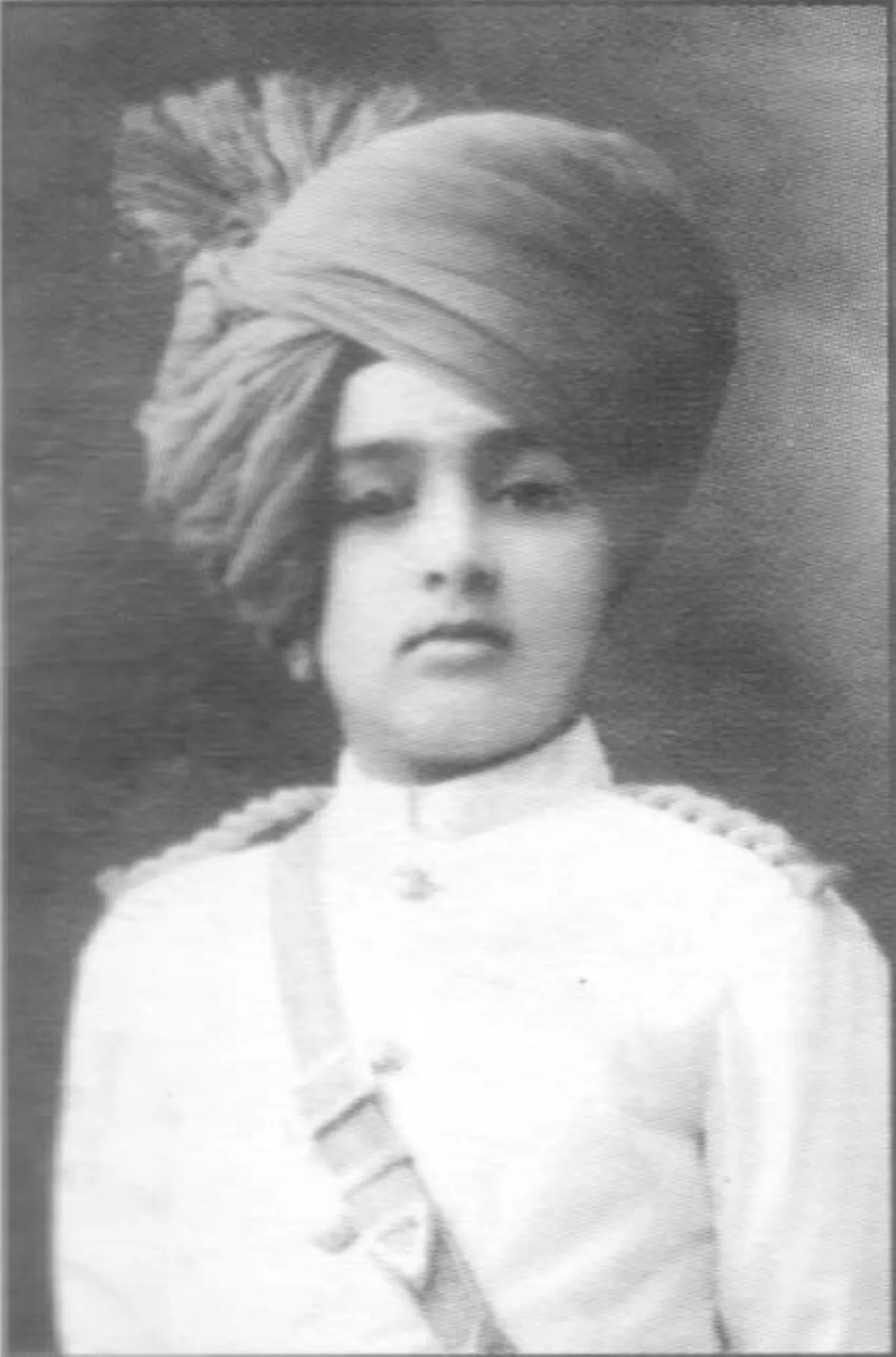 1.
1. Maharaja Karni Singh ji, known as Dr Karni Singh, was from 1950 the last Maharaja of Bikaner State to hold the title of Maharaja of Bikaner, officially, until 1971, when the privy purse and all the royal titles were abolished by the Republic of India.